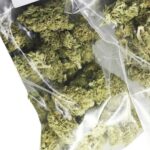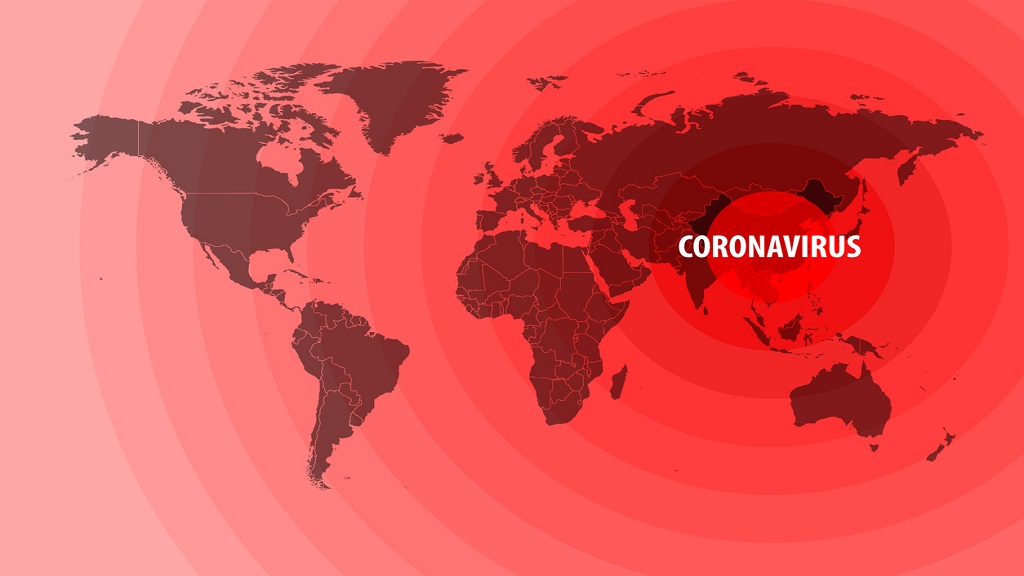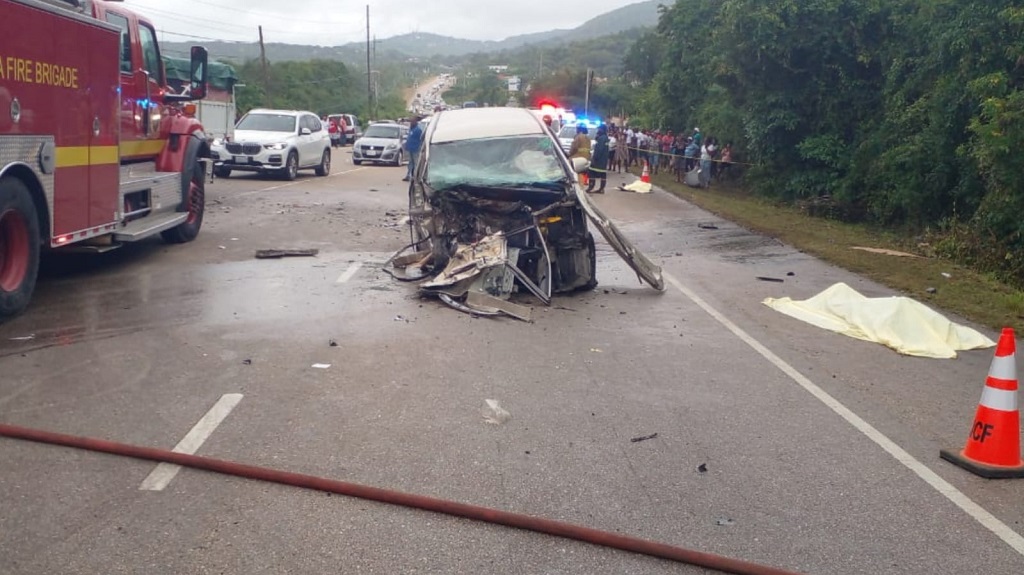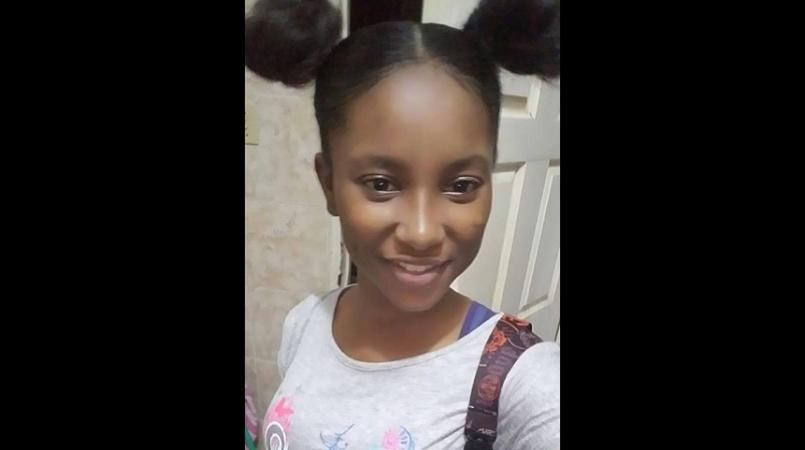The entire world is now in the throes of the latest pandemic to afflict mankind – the severe acute respiratory syndrome coronavirus 2 (SARS-CoV-2) or COVID-19.
As at Tuesday, March 23, 2020, COVID-19 cases had soared to over 332,000 in 192 countries, killing over 14,500.
But it’s important to highlight that more than 100,000 people have recovered from the virus which first emerged in Wuhan, the capital of Hubei province in China in December, 2019.
Jamaica recorded its first case of coronavirus on Tuesday, March 10 and followed up the following day with a second confirmed case. Both cases were imported and both involved women who had travelled to Jamaica from the United Kingdom. Since then, the number of cases has increased to 21.
Below, Loop News presents a timeline of the virus, when it was first spotted and where, how the Jamaican government responded, how the first cases were identified locally, and how it is currently affecting life on the island.
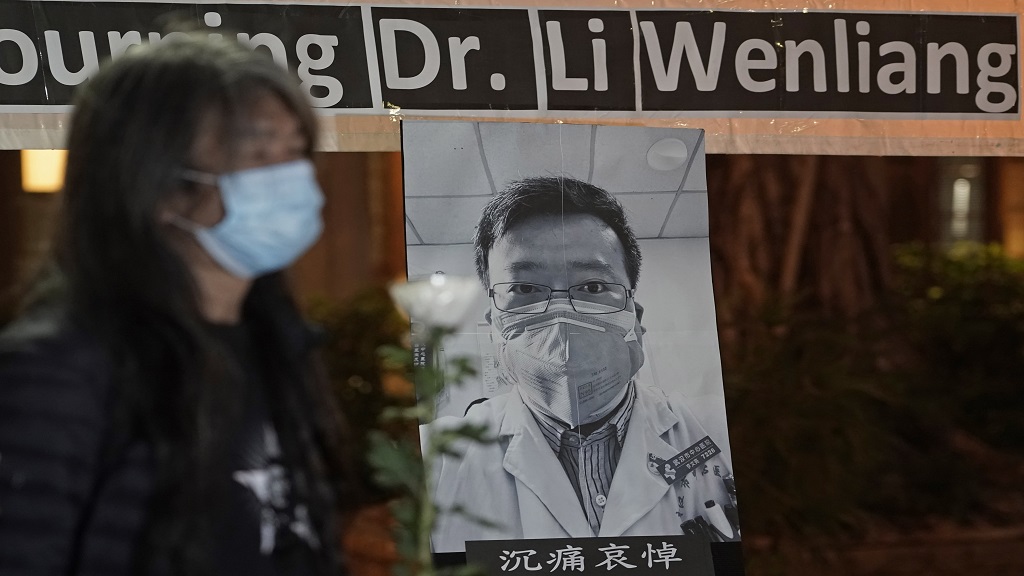
1 December, 2019: Media reports indicate that the first known patient started experiencing symptoms from as early as December 1, 2019.
8 December, 2019: Seven persons were diagnosed with a pneumonia-like condition which was later termed Wuhan coronavirus. At least two were linked to a seafood market in the city. Dr Li Wenliang, who first spotted the cluster of respiratory illnesses that resembled SARS, raised an alarm. However, he was soon forced by state actors to sign a document indicating that he was spreading falsehood and spreading rumours. This allowed critical time to be lost as the Chinese government was accused of attempting to cover-up the outbreak.
24 December, 2019: First publicly-reported collection of virus sample from patient for genetic sequencing.
26 December, 2019: Coronavirus is identified.
31 December, 2019: The Chinese authorities issue “urgent notice on the treatment of pneumonia of unknown cause”. Following the announcement of the Wuhan Municipal Health Commission, Hong Kong, Macau and Taiwan immediately tightened their inbound screening processes.
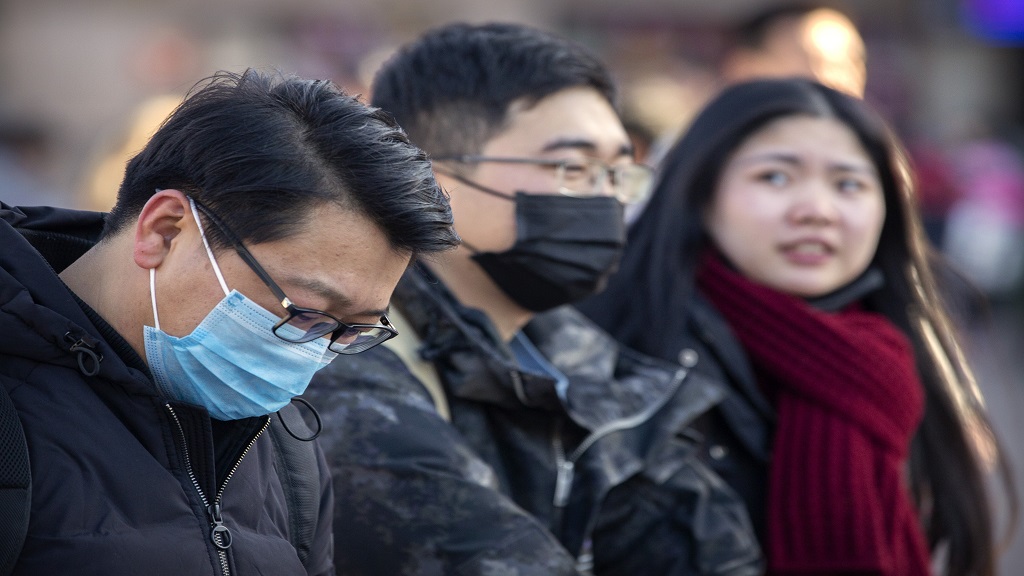
1 January, 2020: Chinese state-sponsored Xinhua News reports that the Huanan Seafood Market was closed for “regulation”. Later reports stated that it was closed for “cleaning and disinfection”.
2 January: A majority of patients admitted to hospital in Wuhan had direct exposure at the seafood market.
3 January: Chinese scientists at the National Institute of Viral Disease Control and Prevention (IVDC) determined the genetic sequence of the novel β-genus coronaviruses (naming it ‘2019-nCoV’) from specimens collected from patients in Wuhan, China.
4 January: China criticized by its close neighbours for not releasing enough information about the new virus.
8 January: Scientists in China announced the discovery of a new coronavirus and South Korea announced the first possible case of virus coming from China.
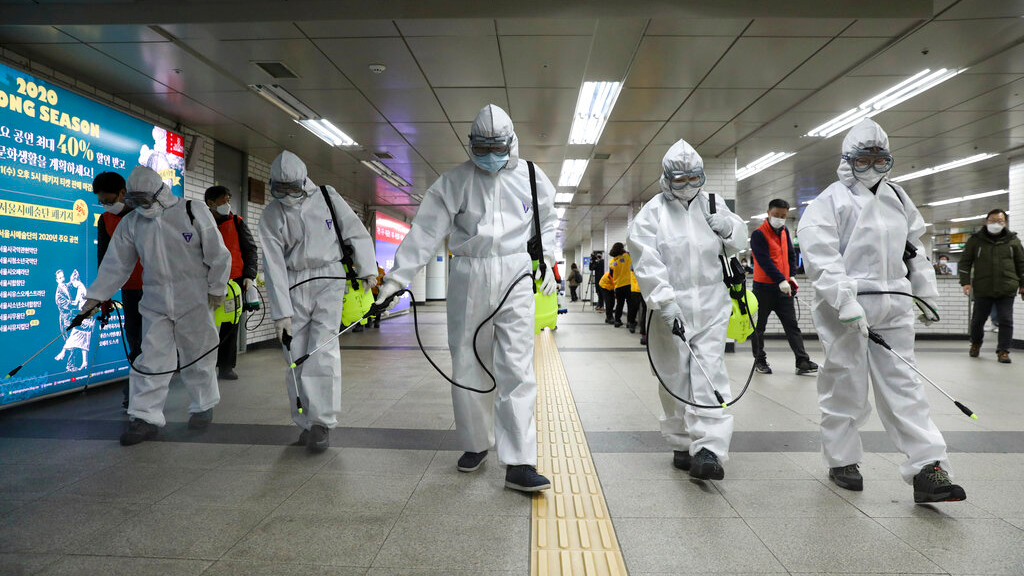
9 January: World Health Organisation (WHO) confirmed that the novel coronavirus had been isolated from one person who had been hospitalised. That same day, the European Centre for Disease Prevention and Control posted its first risk assessment. And the WHO said Chinese authorities had acted swiftly, identifying the novel coronavirus within weeks of the onset of the outbreak.
9 January: The first death from the virus was a 61-year-old man who reportedly had several significant medical conditions, including chronic liver disease, and died from heart failure and pneumonia.
10 January: Dr Li Wenliang, Chinese ophthalmologist and coronavirus whistleblower, started having symptoms of a dry cough. On January 12, 2020, Dr Li started having a fever. He was admitted to the hospital on January 14. He tested positive for the virus on January 30.
14 January: Two of the initial 41 confirmed cases in Wuhan were reported to include a married couple, raising the possibility of human-to-human transmission.
16 January: On January 16, the WHO was alerted by Japan’s Ministry of Health that a 30-year-old male Chinese national had tested positive to 2019-nCoV during a hospital stay between January 10 and 15. He had not visited the Huanan Seafood Wholesale Market, but possibly had close contact with an affected person in Wuhan.
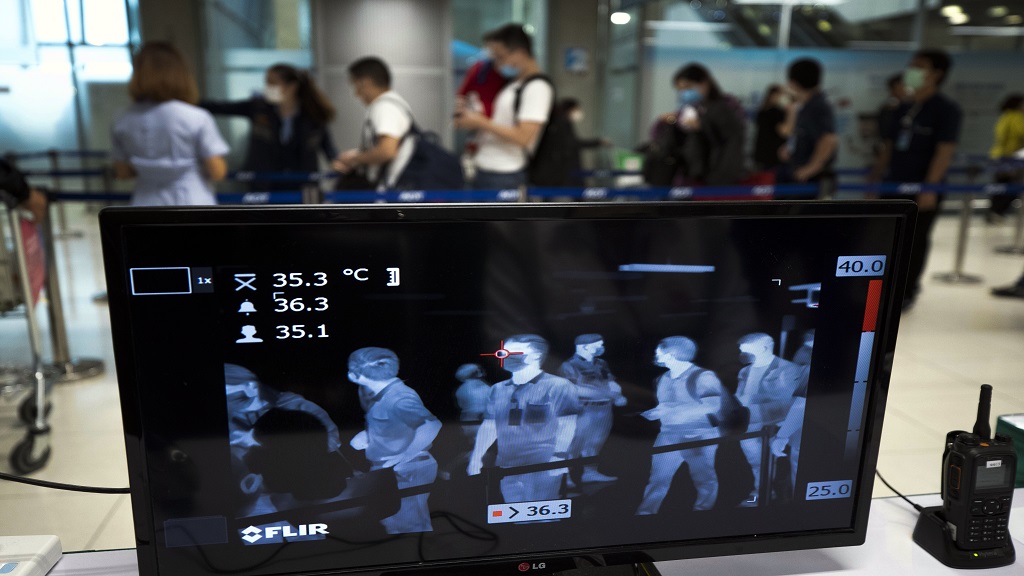
17 January: On Januaryn17, Thailand’s second confirmed case was reported in a 74-year-old woman who arrived in Bangkok on a flight from Wuhan.
19 January: The first confirmed cases were reported in China, outside Wuhan, one in the southern province of Guangdong and two in Beijing.
20 January: Scientists from the China CDC identified three different strains of the 2019-nCoV confirming that the original Wuhan coronavirus had mutated into two additional strains. First confirmed case reported in South Korea.
21 January: New cases were reported outside of mainland China. Taiwan reported its first laboratory-confirmed case, as well as the United States, the first in North America.
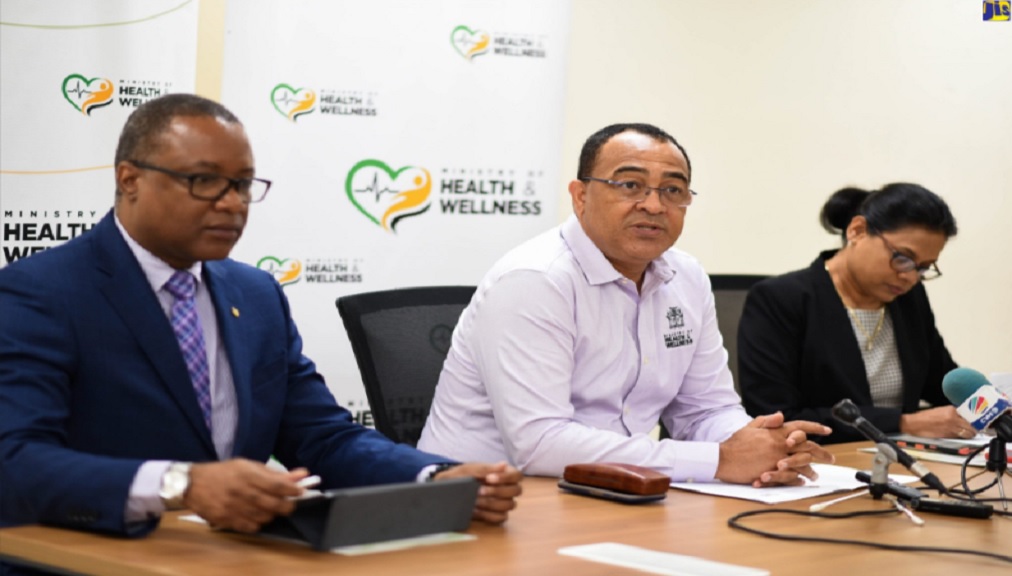
28 January: Jamaica’s Minister of Health and Wellness, Dr Christopher Tufton was forced to call an emergency press conference to dismiss rumours that there was a confirmed case of COVID-19 in the island. The rumours had circulated on social media, causing some persons to panic, after a woman who had recently travelled from China presented with flu-like symptoms at the University Hospital of the West Indies (UHWI).
30 January: As reported by Loop News, there are no reported cases of the dreaded COVID-19 in the Caribbean. This was according to Dr Joy St John, the Executive Director of the Caribbean Public Health Agency (CARPHA). She made the announcement during the University of the West Indies’ (UWI) Vice Chancellor’s Forum titled: ‘Demystifying the Coronavirus 2019-NCOV’. The panel discussion, which involved experts from several regional countries, was broadcast live via UWITV.
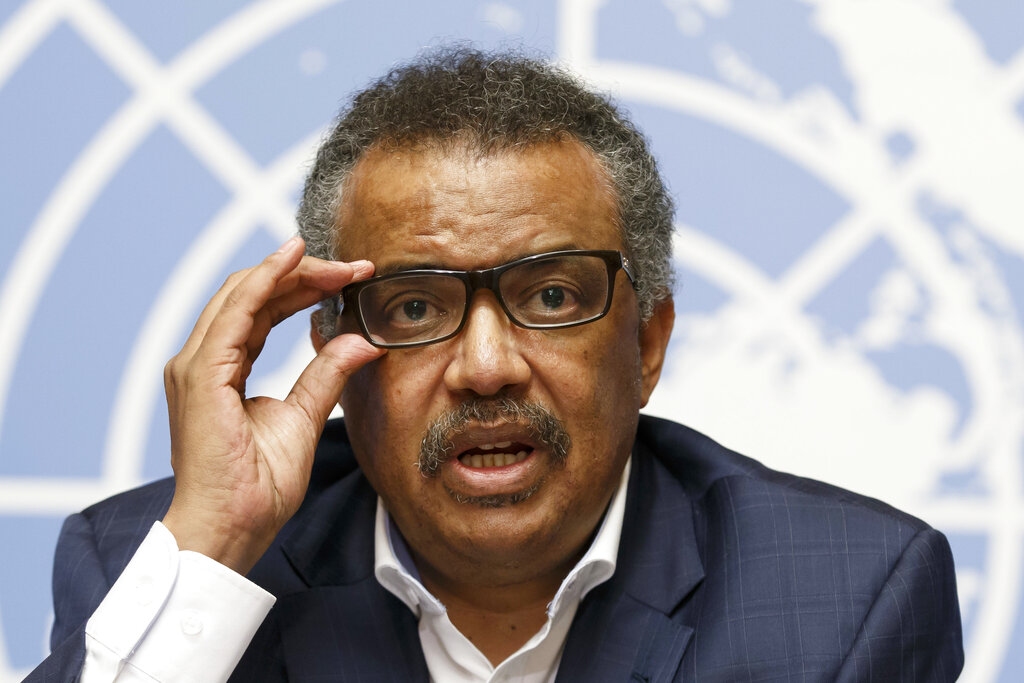
30 January: The WHO declares the outbreak a global health emergency. This was an acknowledgement by the WHO that the viral disease now represents a threat beyond China, where it first emerged in December.
31 January: Jamaica imposes a ban on travel to and from China, a day after the WHO declared the coronavirus outbreak a global emergency. Foreign Affairs and Foreign Trade Minister, Kamina Johnson Smith moves to assure Jamaicans in China that they had not been abandoned by their Government in the midst of the Covid-19 outbreak.
February 13: Patient who had been placed in isolation as a precaution against COVID-19 tests negative for the disease, the Ministry of Health and Wellness has advised.
February 14: The Ministry of Health and Wellness reported that test results for another two isolated patients have come back negative for the novel coronavirus. It means all three patients who were placed in isolation after returning from China, as a precaution against COVID-19, had tested negative.
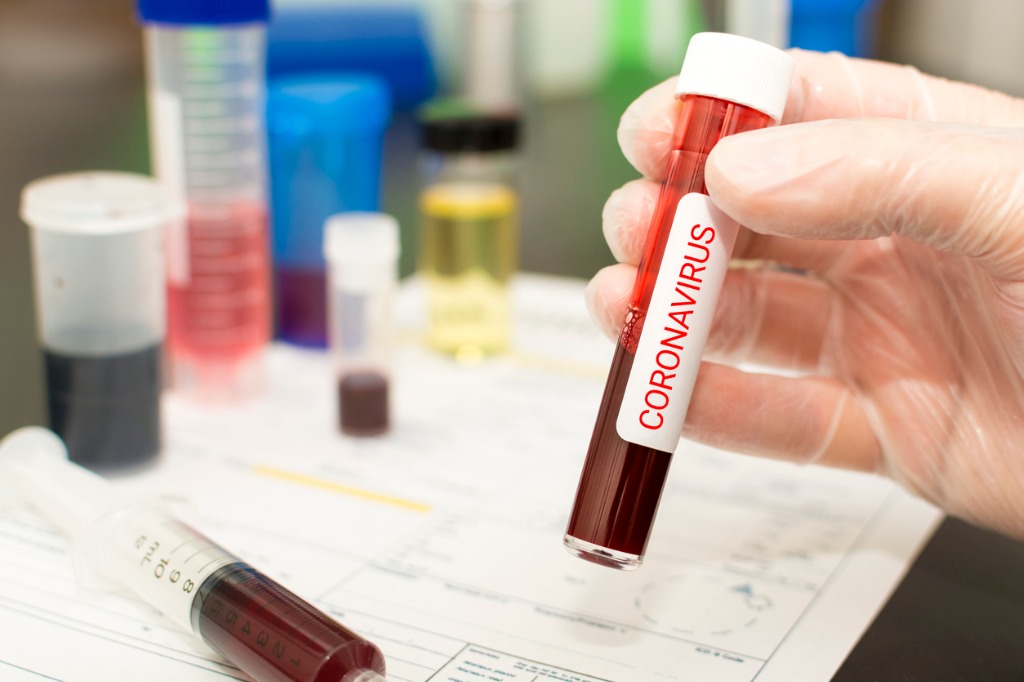
February 18: It is announced that Jamaica now has the capacity to test for the COVID-19 after the Pan American Health Organisation (PAHO) trained nine healthcare workers during the previous week. The National Influenza Centre at the University Hospital of the West Indies (UHWI) is the only facility on the island where the test can be conducted.
February 25: A cruise ship is prevented from docking in Ocho Rios, St Ann after a crew member was placed in isolation having fallen ill, according to the Ministry of Health.
February 29: The UWI launches taskforce to assist with the mobilisation of the region’s public health providers to deal with COVID-19. The task force is chaired by Professor Clive Landis, Pro-Vice-Chancellor for Undergraduate Studies and former Director of the George Alleyne Chronic Disease Research Centre, who has considerable experience in the field of Caribbean public health.
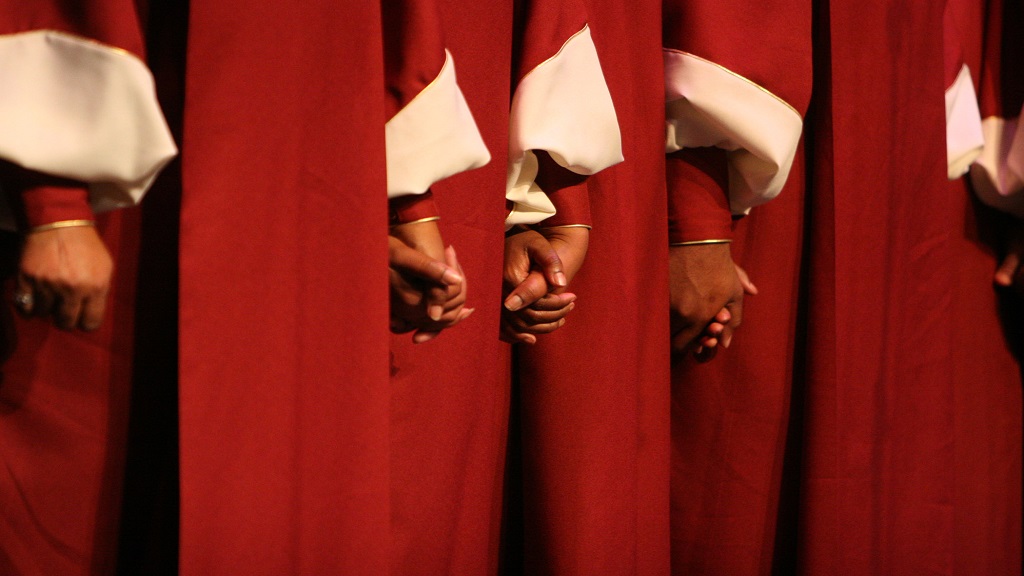
March 3: Although the novel coronavirus has not been diagnosed in Jamaica, church leaders are moving to stay ahead of the fast spreading disease. Some leading churchmen who spoke with Loop News said they had instructed their congregations to no longer hold hands while praying. Church members were also no longer greeting each other with handshakes or hugs.
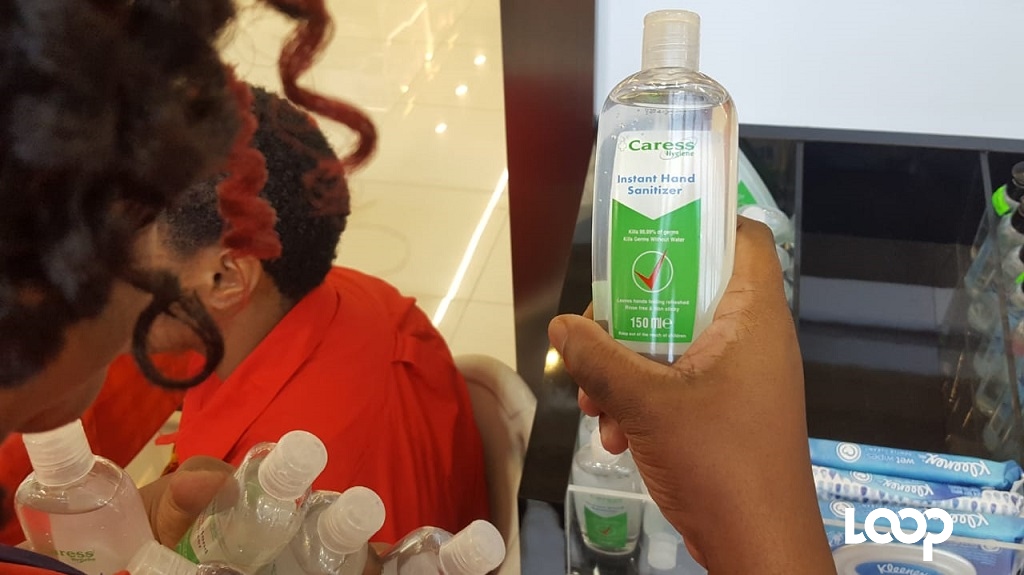
March 5: Loop News first reported that there is a run on some food and disinfecting items at retail outlets as Jamaicans became increasingly concerned over the novel coronavirus outbreak and its potential impact on the island. “People are now making a run on the retail trade as they are now realising that if this thing (COVID-19) happens (in Jamaica), I need food,” President of the Jamaica Manufacturers and Exporters Association (JMEA), Richard Pandohie told Loop. He was backed up by Don Wehby, the CEO of food conglomerate GraceKennedy and CEO of MegaMart Wholesale Club, Gassan Azzan.
March 5: The money that was promised to public schools for them to purchase hand sanitisers and disinfectants is uploaded to their accounts.
March 6: The risk of transmission for the COVID-19 to the Caribbean Region is upgraded to “very high” by the Caribbean Public Health Agency (CARPHA). The agency revised the risk level based on international risk assessment guidelines, particularly in keeping with risk assessment for MERS-COV and pandemic influenza.
March 8: The Health and Wellness Minister said up to 2.6 million could be impacted by the disease but fewer than 400 are likely to develop serious problems.
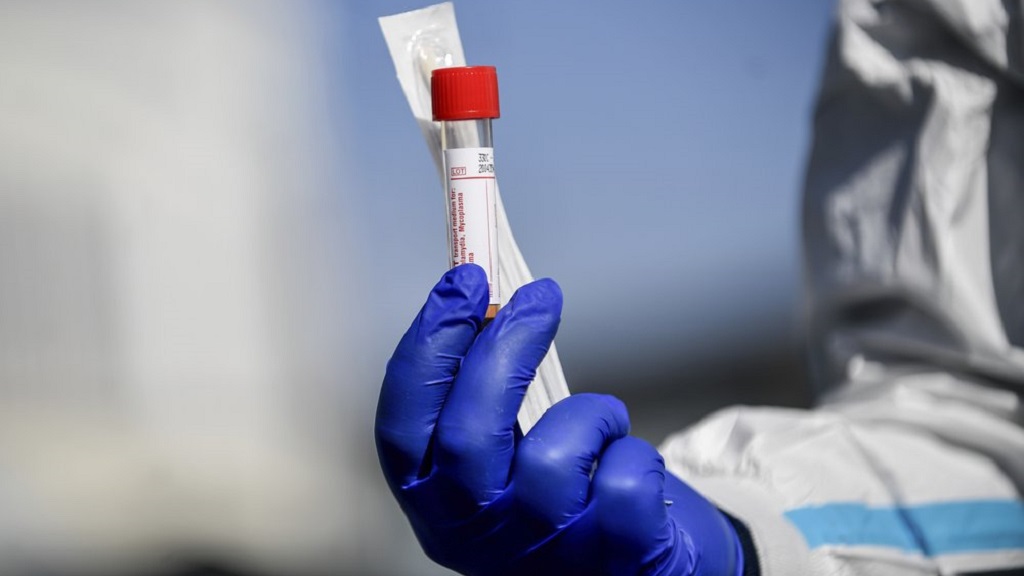
March 10: Minister of Health announces the country’s first case of coronavirus. It involved a woman who had arrived in the island from the United Kingdom on March 4 for a funeral, and who showed no symptoms. Having developed symptoms on March 9, she went to her doctor and test results came back the following day which showed that she had contracted the coronavirus. The Ministry of Health and Wellness has embarked on contact tracing to locate as many of the persons with whom the woman came in contact at several public sites, including the popular Devon House.
March 10: Jamaica imposes travel restrictions on three European countries – Spain, France and Germany – bringing to eight the number of countries on the list. The previous five were China, Italy, South Korea, Singapore, and Iran.
March 10: Health and Wellness Minister names Covid-19 advisory team to assist the ministry in its planning and coordination as it tackles the disease.
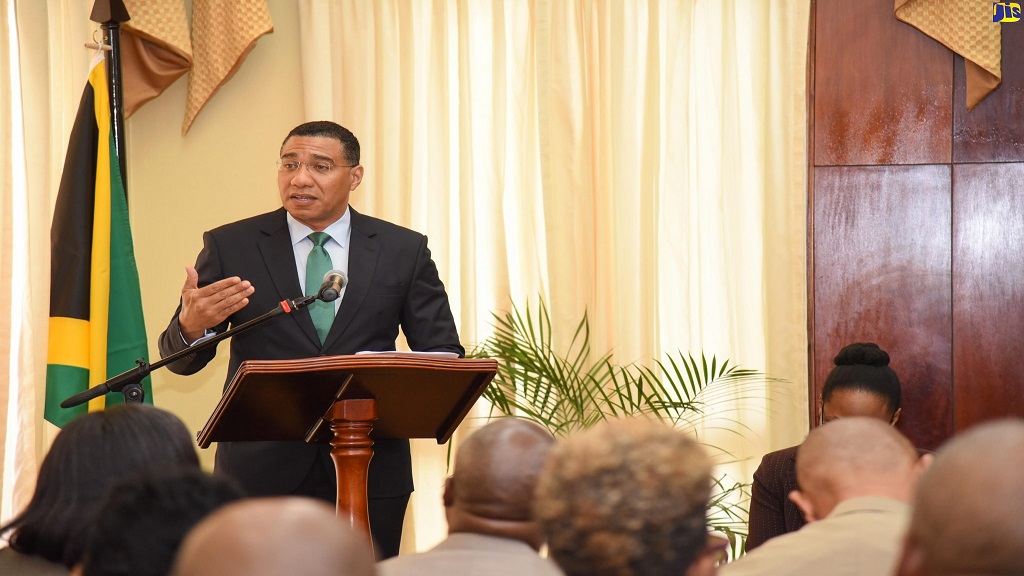
March 10: Prime Minister Andrew Holness urges Jamaicans to remain calm and not to engage in panic buying. He said local retailers should ensure that supplies are adequate and that prices are stable.
March 11: Jamaica confirms its second case of Covid-19 which is also an imported one. Like the first case, the woman involved had also travelled from the United Kingdom. The two women are in isolation at the UHWI. As in the first case, contact tracing is underway.
March 11: Finance Minister, Dr Nigel Clarke announces that up to $7 billion in contingency funds would be committed to the coronavirus fight if the need arose. He was speaking while opening the 2020/21 Budget Debate in the House of Representatives. Of the amount, $2 billion has been made available immediately.
March 11: Rum distiller J Wray & Nephew announced that it has suspended operations at its Spanish Town Road location after it was revealed that one of its contractors had been in close contact with the first woman who tested positive for the coronavirus. The Medical Association of Jamaica pleaded with Jamaicans to remain calm following the confirmation of Covid-19 in the island, noting that most persons with the virus have a mild form of the disease.
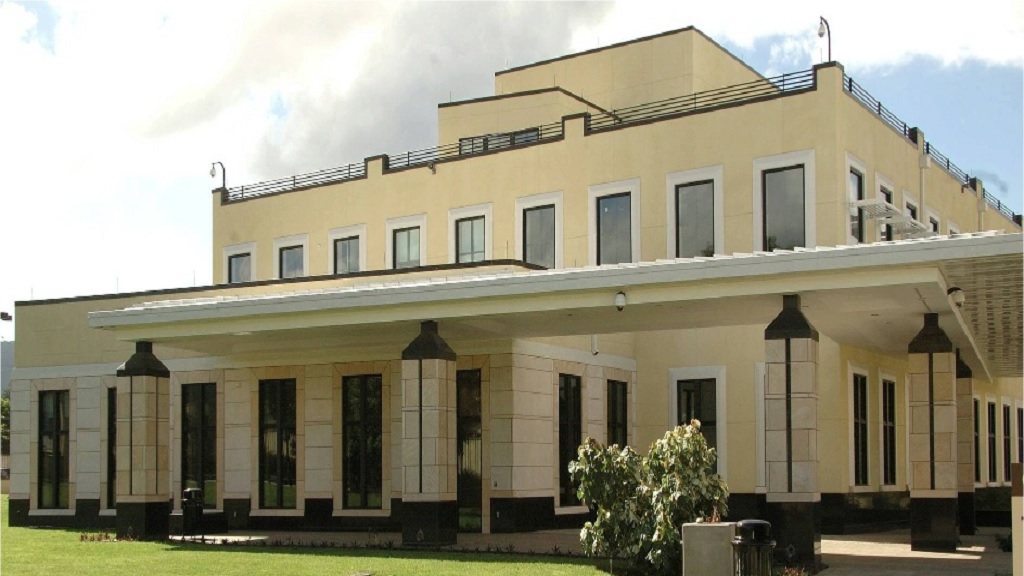
March 11: Loop News reports that several employees of the United States Embassy in Kingston are in self-quarantine after coming in close contact with an employee who has since been isolated at a medical facility after showing symptoms of COVID-19. The embassy later said it was sanitising its premises to prevent the spread of the virus after a worker reportedly tested positive for the COVID-19. Jamaica’s Chief Medical Officer announces that seven persons are in isolation including the two confirmed cases.
March 11: The Government announces the cancellation of the annual ISSA/GraceKennedy Boys and Girls Athletics Championship that was to take place from March 24-28.
March 12: Prime Minister Andrew Holness said the Government was considering the implementation of travel restrictions on the United Kingdom after the country’s first two confirmed cases of COVID-19 originated in that country. Holness also announced a two-week ban on some public gatherings for which a permit is required.
March 12: Prime Minister announces the closure of all schools including early childhood institutions for the next two weeks effective Friday, March 13 as the country takes steps to limit the transmission of the coronavirus. The closure will also affect teachers’ and community colleges.
March 13: The number of confirmed cases of Covid19 in Jamaica quadrupled to eight overnight when six more persons tested positive for the virus. Five of the six had travelled to Jamaica via the United Kingdom while two were close contacts of ‘patient zero’ (Jamaica’s first confirmed case) who had stayed in either Seven or Eight Miles Bull Bay, communities on the St Andrew/St Thomas border.
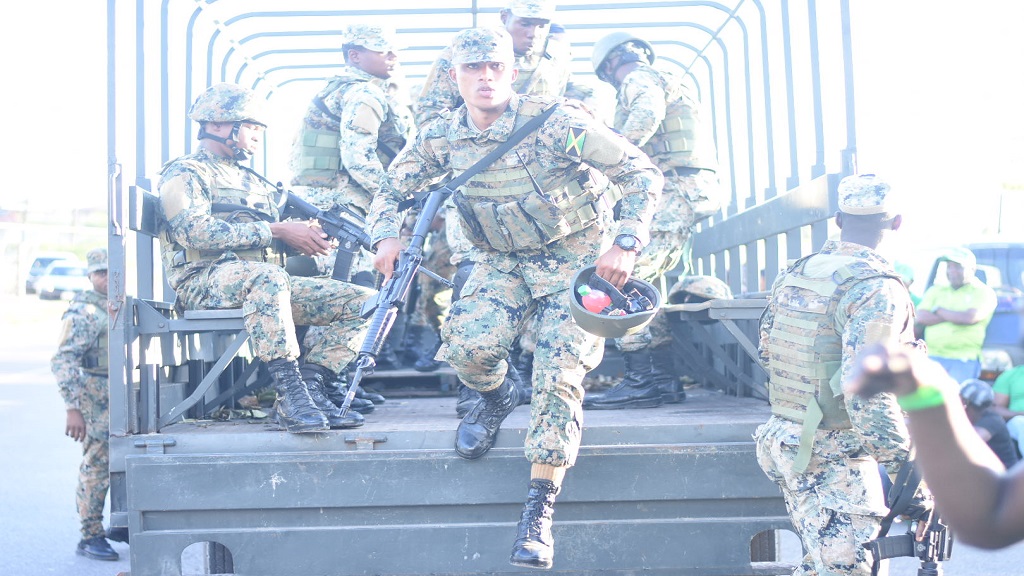
MARCH 13: The prime minister declares Jamaica a disaster area, thus freeing up state resources to tackle the coronavirus frontally. He also announced that the entire communities of Seven Miles and Eight Miles Bull Bay had been placed under quarantine for two weeks. The security forces were deployed to the area to prevent people from entering and leaving unless under strict conditions.
March 13: The Government announces that travel restrictions would be placed on the United Kingdom, effective the following day. This was after it was determined that five of Jamaica’s eight confirmed cases of COVID-19 were persons who had travelled from that country.
March 16: The Government steps up its efforts to contain the virus with a raft of measures. Among them, all non-essential workers in both the public and private sectors are mandated to work from home for seven days; a new restriction for public gatherings of no more than 20 persons; residents are required to maintain a distance of three to four feet from each other; and bars and nightclubs are ordered closed for one week, with the police being empowered to enforce the measures.
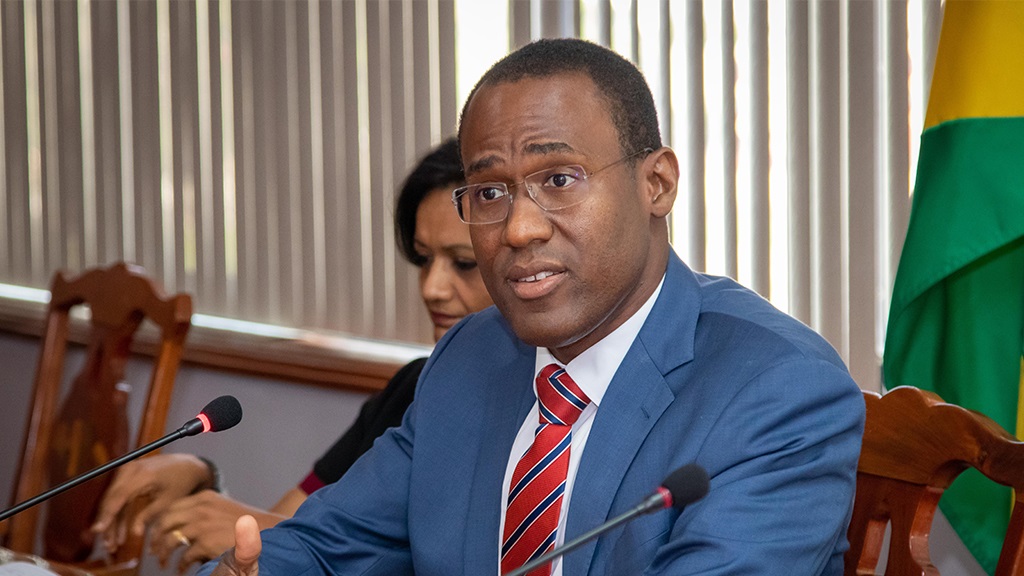
March 17: Finance Minister Dr Nigel Clarke announces that Government is providing a $25 billion stimulus package to mitigate against the expected negative impact of COVID-19 on the local economy. The package, described as the “largest fiscal stimulus in Jamaica’s history”, includes temporary cash transfers to businesses in targeted sectors, as well as individuals where it can be verified that they lost their employment as a result of the COVID-19 crisis; and support for the poor and vulnerable via grants.
March 17: Jamaica announces that it is looking to neighbours Cuba to help in the fight against the coronavirus on the island, as the Ministry of Health and Wellness and the Ministry of Foreign Affairs and Foreign Trade are in discussions to explore the possible option of a drug that the Spanish-speaking island has.
March 18: Coronavirus infections surpasses 200,000 worldwide, with more than 8,000 deaths.
March 19: A section of the Cornpiece Settlement area of Hayes, Clarendon is placed under quarantine for two weeks to allow public health investigations to be completed following the COVID-19-related death of a resident from the area. Public health officials on the ground reportedly had difficulty with family members complying with requests to remain at home. As a result, the police were informed and dispatched to the community to allow the public health team to enforce a home quarantine order for a section of the area.
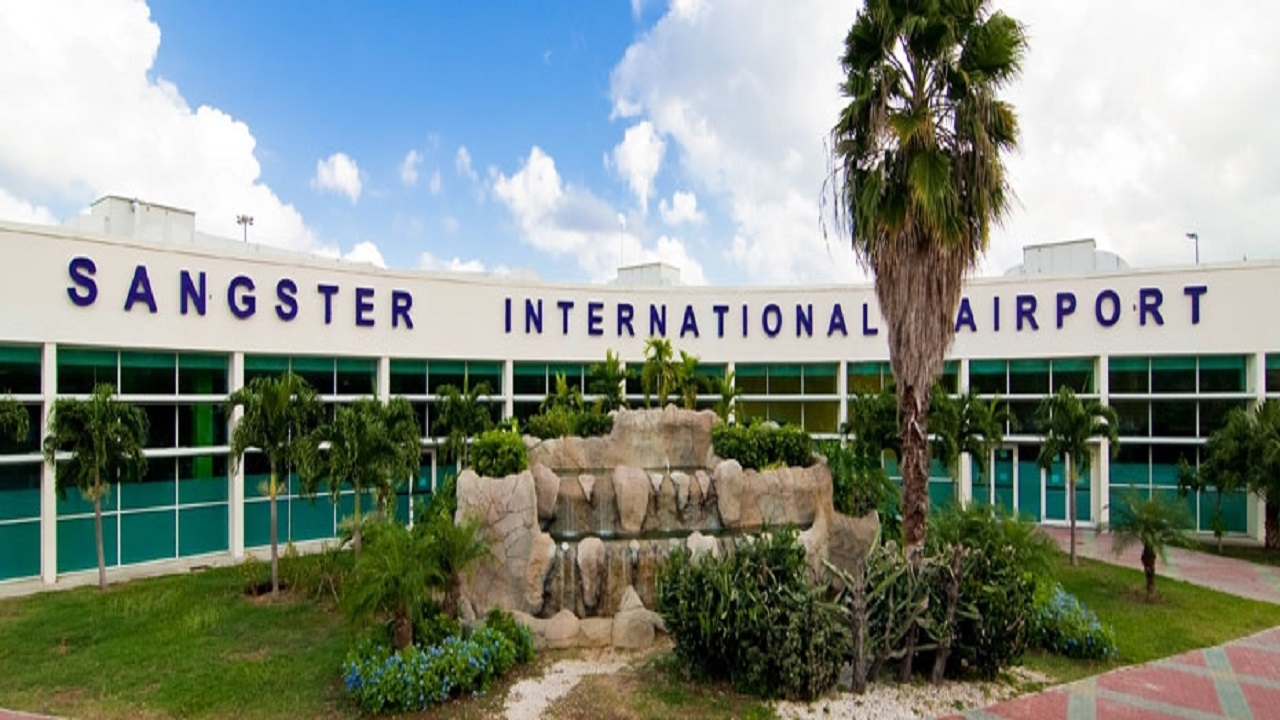
March 20: Jamaica announces closure of its air and seaports to incoming passenger traffic for two weeks, as concerns about the spread of the novel coronavirus (COVID-19) on the island grows. The measure was scheduled to become effective as of 11.59pm Saturday, March 21.
March 21: Government announces delay of the closing of the country’s air and seaports to incoming passengers until Tuesday, March 24 at 11.59 pm. A statement from Jamaica House on Saturday said the three-day delay is to facilitate certain categories of Jamaicans who work overseas, like seamen. Based on the change, airline crew and ship workers, as well as persons who commenced travel before March 20, will now be allowed until March 24 to return to the island.
March 23: Jamaica announces further restrictions in the fight against COVID-19. Among them, schools are to remain closed until the end of the Easter term and 75-year-olds and older must remain home effective March 25. Additionally, all public sector employees 65-years-old and older must work from home effective March 25 and, also effective that day, no public gatherings shall exceed 10 persons.




